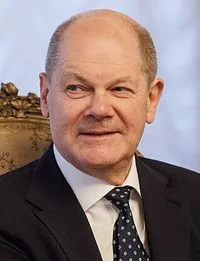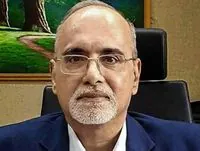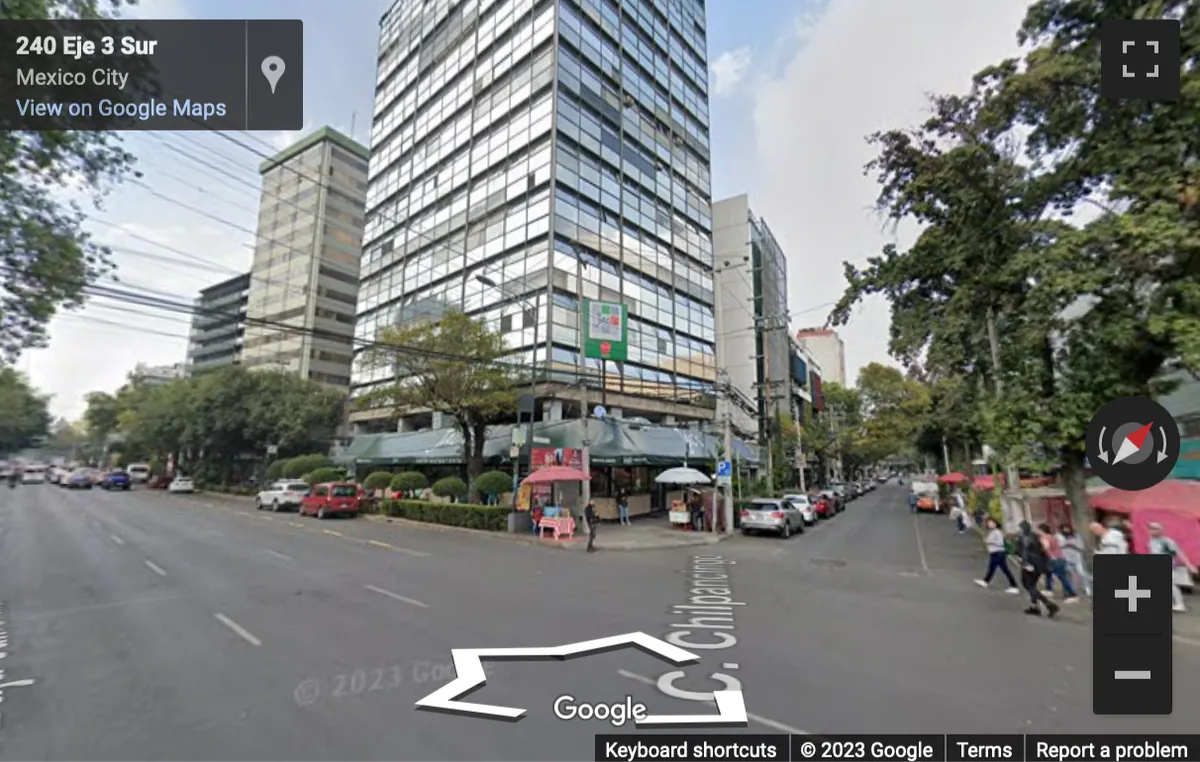Ambros and Ruvkun Clinch Nobel Prize for MicroRNA Discovery
Scientists Victor Ambros and Gary Ruvkun awarded 2024 Nobel Prize in Physiology or Medicine for uncovering microRNA's role in gene regulation. Their groundbreaking work reveals essential principles in multicellular organisms.
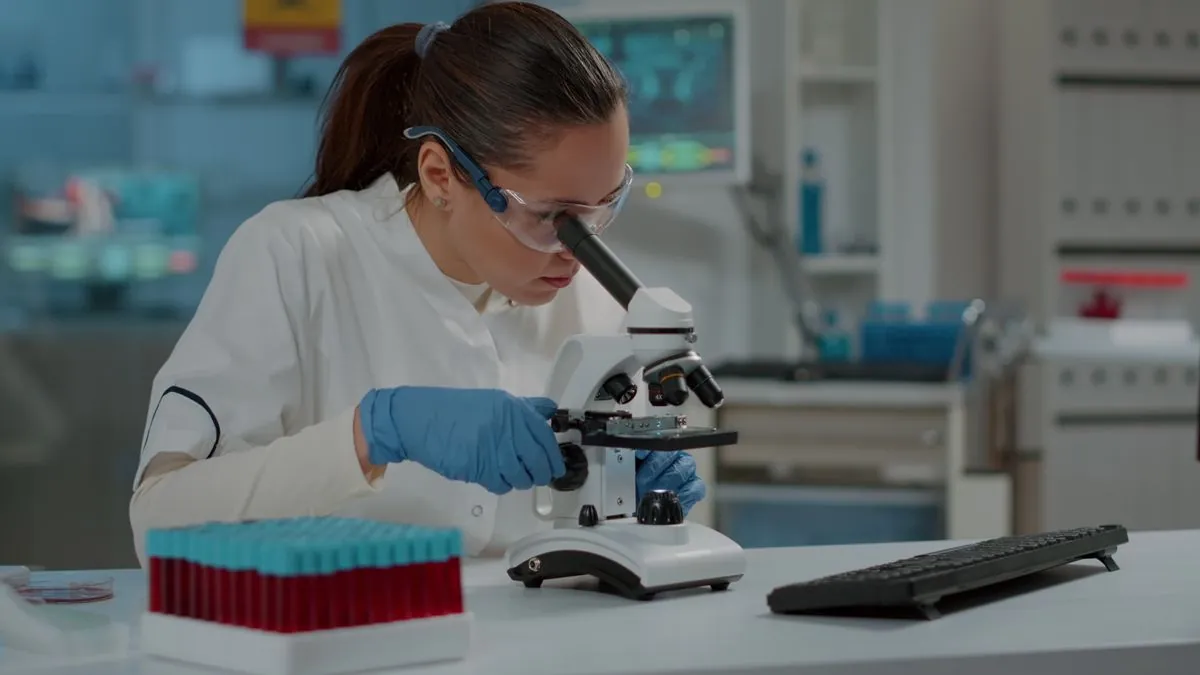
Victor Ambros and Gary Ruvkun have been awarded the 2024 Nobel Prize in Physiology or Medicine for their groundbreaking discovery of microRNA and its crucial role in gene regulation. The Nobel Assembly at Sweden's Karolinska Institute announced this significant achievement on October 7, 2024, recognizing the scientists' contributions to our understanding of fundamental biological processes.
MicroRNAs, first discovered by Ambros and his colleagues in 1993, are short non-coding RNA molecules typically 20-25 nucleotides in length. Ruvkun's lab independently confirmed these findings in 2000, solidifying the importance of this discovery. These tiny molecules play a vital role in regulating gene expression by binding to messenger RNA (mRNA), effectively controlling various cellular processes.
The significance of microRNAs extends far beyond their size. They are found in plants, animals, and some viruses, with the human genome potentially encoding over 2,000 microRNAs. Their involvement in development, cell differentiation, and disease processes has made them a crucial area of study in modern biology and medicine.
"Their groundbreaking discovery revealed a completely new principle of gene regulation that turned out to be essential for multicellular organisms, including humans."
The impact of this discovery on medical research cannot be overstated. Dysregulation of microRNAs has been associated with various cancers and other diseases, opening new avenues for potential treatments and diagnostics.
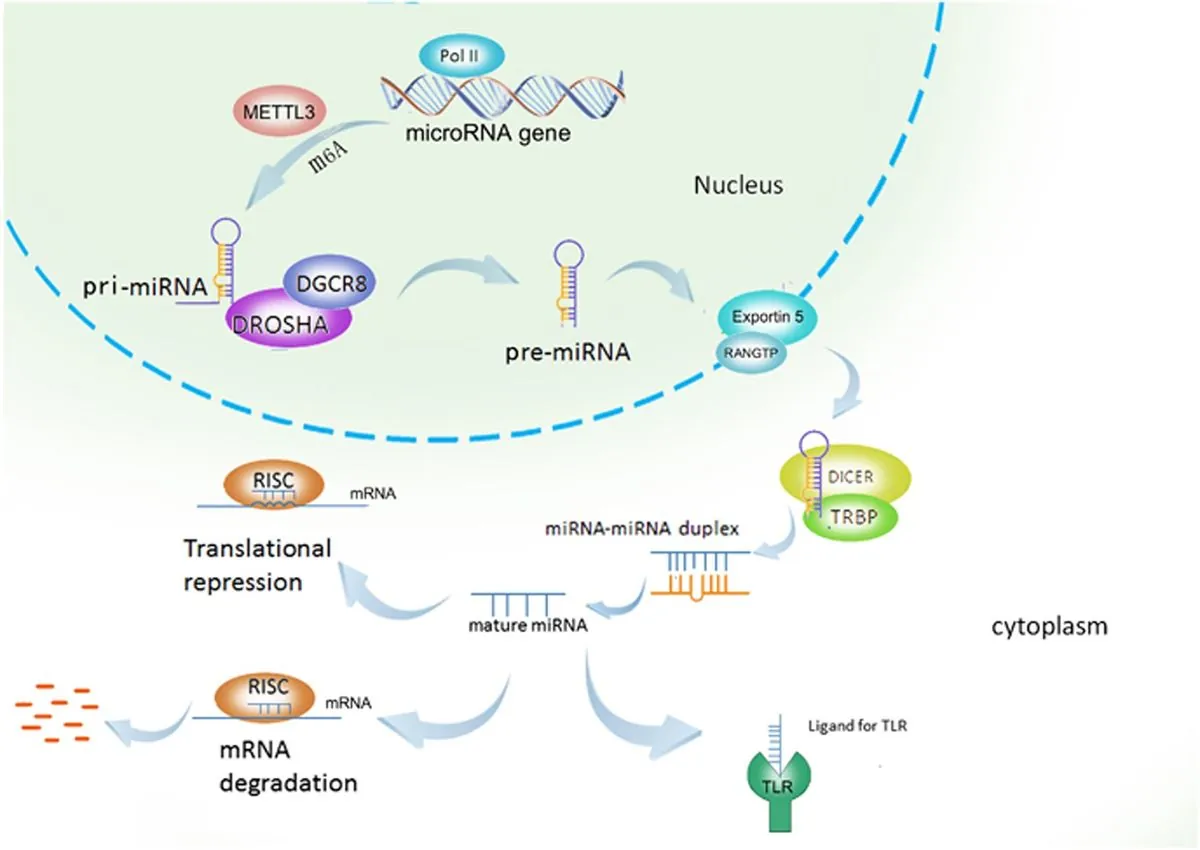
The Nobel Prize in Physiology or Medicine, first awarded in 1901, has now been presented 112 times to 224 scientists. Notable past recipients include Ivan Pavlov in 1904 for his work on conditioned reflexes and Alexander Fleming in 1945 for the discovery of penicillin. In 2023, Katalin Kariko and Drew Weissman were recognized for their contributions to mRNA vaccine technology, which proved crucial in combating the COVID-19 pandemic.
The prize, which includes a sum of 11 million Swedish kronor (approximately $1.1 million), will be formally presented to Ambros and Ruvkun at the annual Nobel Prize ceremony on December 10, 2024. This date marks the anniversary of Alfred Nobel's death and is celebrated with a lavish banquet at Stockholm's city hall.
It's worth noting that the Nobel Prizes span various fields, including science, literature, and peace. The Nobel Peace Prize stands out as the only one awarded in Oslo, Norway, while the others are presented in Stockholm, Sweden. The Nobel Foundation, established in 1900 to manage Alfred Nobel's fortune, oversees these prestigious awards. Nobel, an inventor with 355 patents to his name, is perhaps best known for his invention of dynamite.
As we celebrate this year's laureates, it's important to recognize the evolving nature of the Nobel Prizes. Since 1974, these awards cannot be given posthumously, and in 1968, the Nobel Prize in Economic Sciences was established by Sweden's central bank, expanding the original categories outlined in Nobel's will.
The recognition of Ambros and Ruvkun's work highlights the ongoing importance of basic scientific research in advancing our understanding of life's fundamental processes. Their discovery of microRNAs has opened up new frontiers in biology and medicine, promising future breakthroughs in treating and understanding complex diseases.














